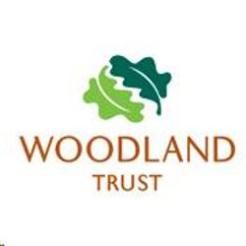Despite a fall in grant income, the Woodland Trust’s income reached an all-time high of £38.1m in 2014, mostly as the result of a single unexpected legacy, according to its annual report and accounts filed this week.
Overall income was 14 per cent higher than the previous year, with voluntary income increasing by £4.7m to £28m. Most of the increase can be attributed to an "unexpected exceptional legacy", the charity said in its annual report, although it did not specify the value of this legacy.
Overall legacy income rose by £4.1m to £13.1m.
Total expenditure for the year was £35.8m. The charity had planned to deliver a small deficit for the financial year ending December 2014, but the legacy led to a significant surplus.
Nicola Nicholls, chair of the Woodland Trust, said in her introduction to the annual report: “We were generously supported by exceptional legacies, and our unexpected surplus will allow us to execute more of the projects we have on our wish list in 2015.”
The charity fell behind on its woodland restoration targets as anticipated government grants were not available.
Nicholls said: “Our major woodland restoration project faced a setback this year despite strong support from landowners: we’re ready to go, but the government grants we need aren’t. This hold up means we’re falling behind on our targets, but we’re confident of catching up over the coming years.”
More than 400 private landowners engaged with Woodland Trust, which assessed 5,400 hectares of woodland, but the report said that only 1,495 is being restored because “no woodland grant schemes have been available fund the work in 2014.
“All our planned resources are now in place and the project continues to build momentum and provided the grants offer some incentive we are confident we can increase the area entered in restoration each year.”









